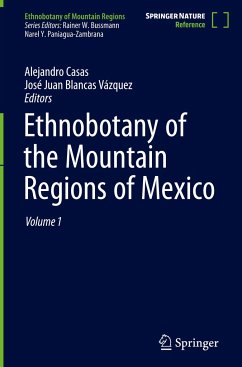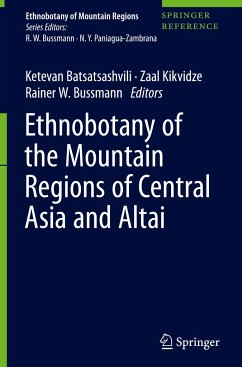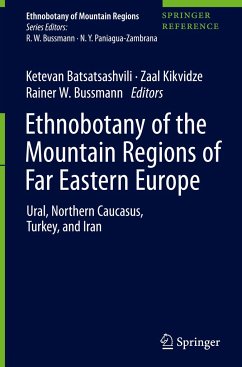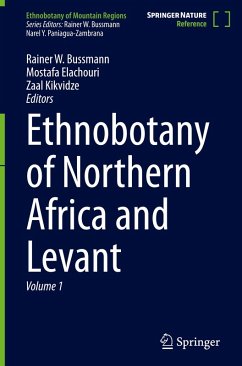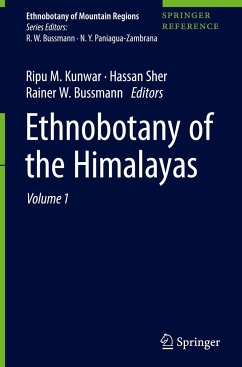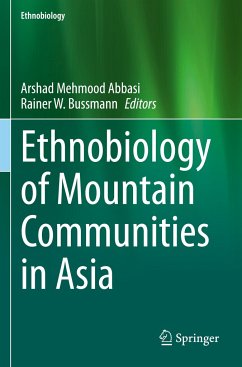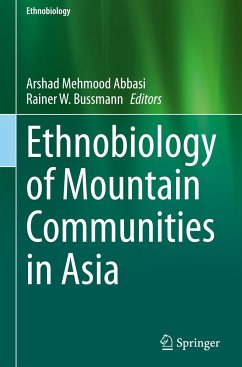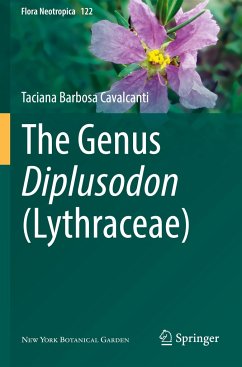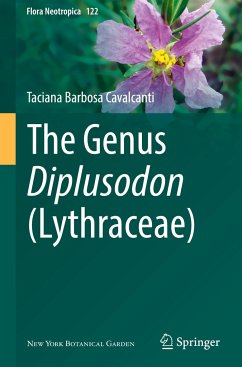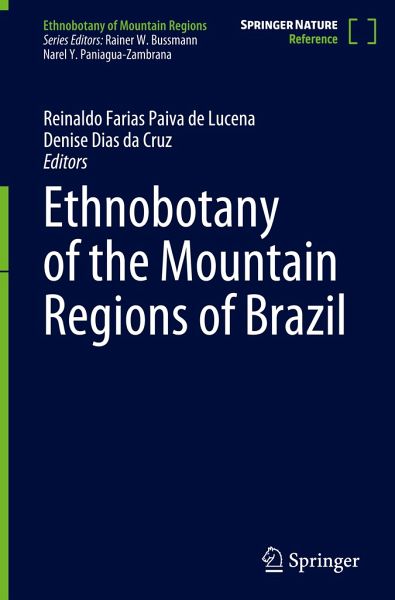
Ethnobotany of the Mountain Regions of Brazil
Versandkostenfrei!
Versandfertig in 1-2 Wochen
214,99 €
inkl. MwSt.

PAYBACK Punkte
107 °P sammeln!
Research in recent years has increasingly shifted away from purely academic research, and into applied aspects of the discipline, including climate change research, conservation, and sustainable development. It has by now widely been recognized that "traditional" knowledge is always in flux and adapting to a quickly changing environment. Trends of globalization, especially the globalization of plant markets, have greatly influenced how plant resources are managed nowadays. While ethnobotanical studies are now available from many regions of the world, no comprehensive encyclopedic series focusi...
Research in recent years has increasingly shifted away from purely academic research, and into applied aspects of the discipline, including climate change research, conservation, and sustainable development. It has by now widely been recognized that "traditional" knowledge is always in flux and adapting to a quickly changing environment. Trends of globalization, especially the globalization of plant markets, have greatly influenced how plant resources are managed nowadays. While ethnobotanical studies are now available from many regions of the world, no comprehensive encyclopedic series focusing on the worlds mountain regions is available in the market. Scholars in plant sciences worldwide will be interested in this website and its dynamic content.
The field (and thus the market) of ethnobotany and ethnopharmacology has grown considerably in recent years. Student interest is on the rise, attendance at professional conferences has grown steadily, and the number of professionals calling themselves ethnobotanists has increased significantly (the various societies (Society for Economic Botany, International Society of Ethnopharmacology, Society of Ethnobiology, International Society for Ethnobiology, and many regional and national societies in the field currently have thousands of members). Growth has been most robust in BRIC countries.
The objective of this new MRW on Ethnobotany of Mountain Regions is to take advantage of the increasing international interest and scholarship in the field of mountain research. We anticipate including the best and latest research on a full range of descriptive, methodological, theoretical, and applied research on the most important plants for each region. Each contribution will be scientifically rigorous and contribute to the overall field of study.
The field (and thus the market) of ethnobotany and ethnopharmacology has grown considerably in recent years. Student interest is on the rise, attendance at professional conferences has grown steadily, and the number of professionals calling themselves ethnobotanists has increased significantly (the various societies (Society for Economic Botany, International Society of Ethnopharmacology, Society of Ethnobiology, International Society for Ethnobiology, and many regional and national societies in the field currently have thousands of members). Growth has been most robust in BRIC countries.
The objective of this new MRW on Ethnobotany of Mountain Regions is to take advantage of the increasing international interest and scholarship in the field of mountain research. We anticipate including the best and latest research on a full range of descriptive, methodological, theoretical, and applied research on the most important plants for each region. Each contribution will be scientifically rigorous and contribute to the overall field of study.



